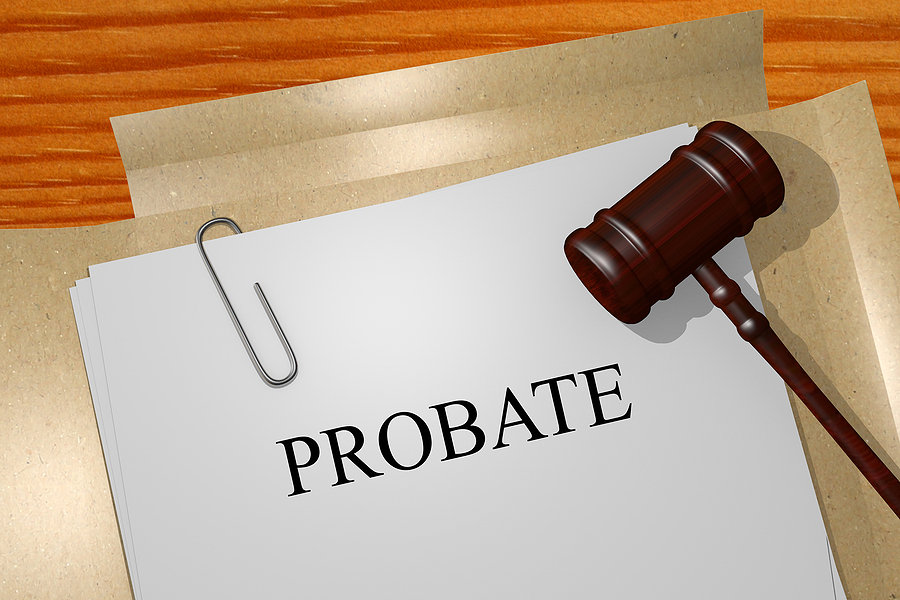
The probate process in California can be an overwhelming experience for anyone. While dealing with the sadness of losing a loved one, the idea of dealing with the probate process on top of that can be particularly stressful.
That is why you will want experienced and knowledgeable probate attorney Andrew Fesler to help advise and guide you through the probate process without any unnecessary delays or entanglements. He is very familiar with and understands how the California probate process works and what needs to be done. He will guide the executor of the will or beneficiaries with the gathering and identification of assets, paying debts, and distribution of assets.
Probate is a court supervised process to identify and gather a decedent’s assets, arrange for payment of taxes, debts and expenses, and distribute assets to rightfully designated beneficiaries according to a valid will. If a person passes without a will, known as intestate, the court will distribute assets according to the succession laws of California.
The California probate process breaks down like this:
• Valuing the Estate
The first step by the court is to identify assets: What did the decedent do, what assets did he/she have, and what are the assets worth? This applies to anything in the possession of the individual at the time of death, from stock portfolios to baseball card collections.
A value of a person’s estate can vary wildly depending on what was owned. Assets include things like real estate, stocks and bonds, retirement funds, savings, art, vehicles, jewelry, and collectibles.
A will is a helpful tool because it will often describe the major assets of the decedent. Without a will in place, the process can take even longer to identify and gather assets and to identify and locate family members – children, estranged spouse, siblings and other relatives.
• Wills
A will is presented and evaluated by the court for validity. It must be in writing and signed by at least two witnesses. It’s possible for multiple wills to be presented during the probate process, creating further problems and possible litigation.
Please note a trust is advantageous because, unlike a will, when a trust is set up correctly, there is no need to go through probate.
• Outstanding Debts
The court will also review any claims against the estate for payment of debts including taxes, personal loans, mortgages, and credit card debt. Certain bills are identified as the decedent’s last bills and will be paid from the assets of the estate.
• Beneficiaries
Beneficiaries are individuals, parties, or organizations named by the decedent in their will to receive all or part of the estate. The probate court will approve the distribution to beneficiaries according to the valid will.
Again if a person dies without a will, distribution will be in accordance with the state’s succession laws.
Andrew Fesler is able to competently and compassionately guide you through the California probate process.
The Law Office of Andrew Fesler serves clients from San Diego, Orange, and Riverside County, and even has a virtual service now to serve all of California. We provide a comprehensive array of estate planning services including ways to avoid probate! Contact us online or by calling (760) 444-0943.
© Law Office of Andrew Fesler | All Rights Reserved.